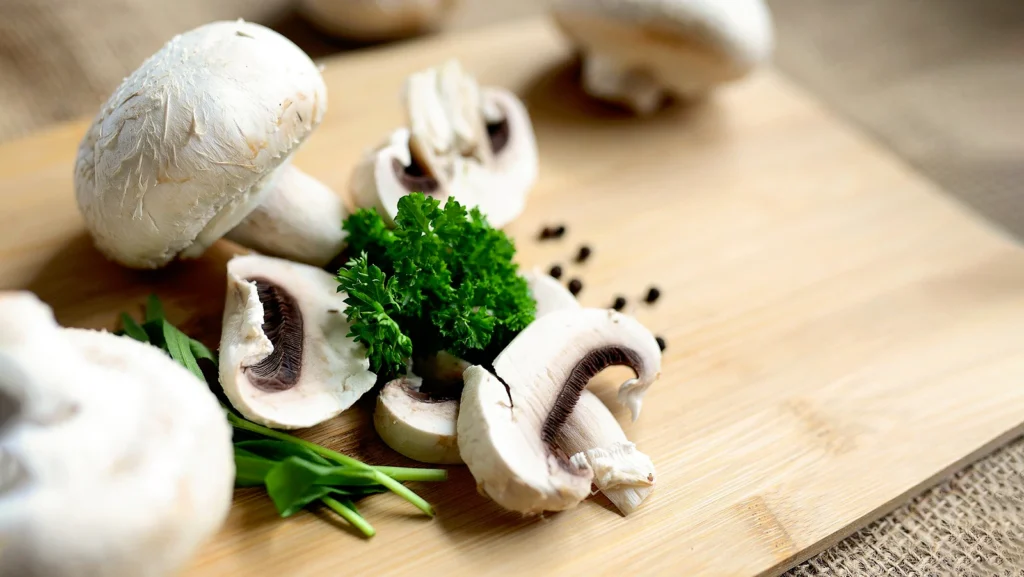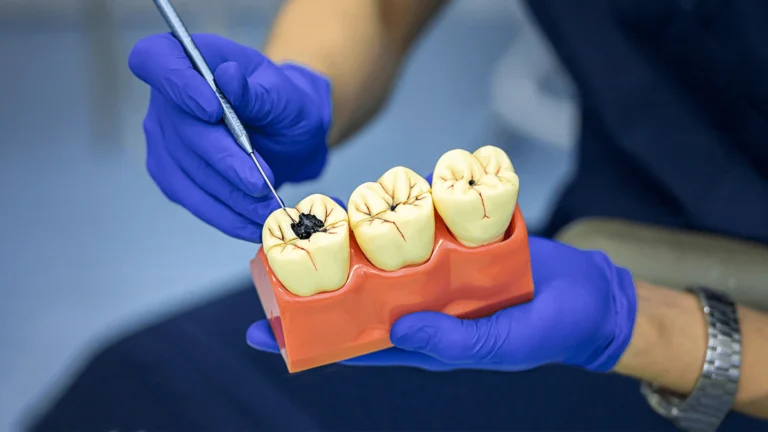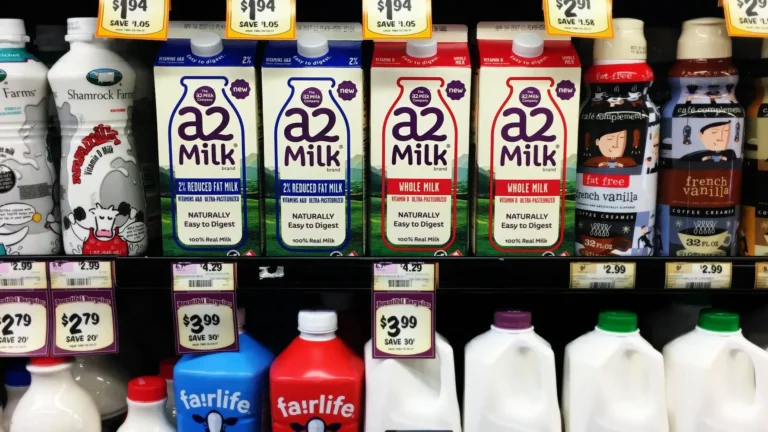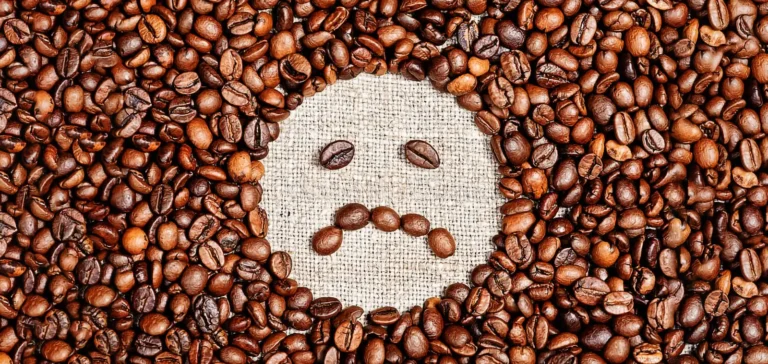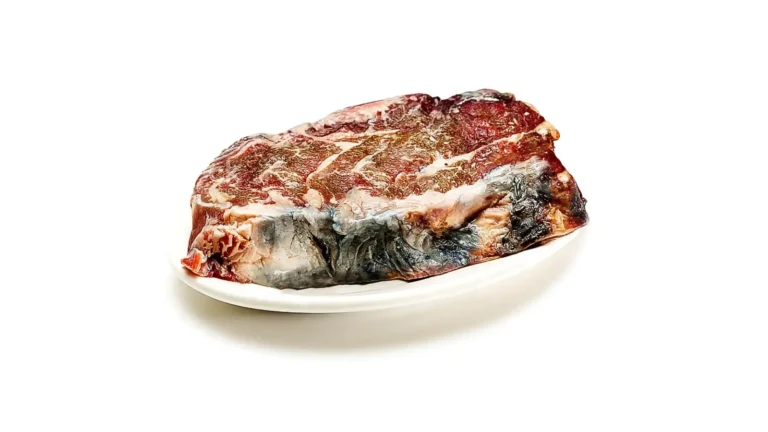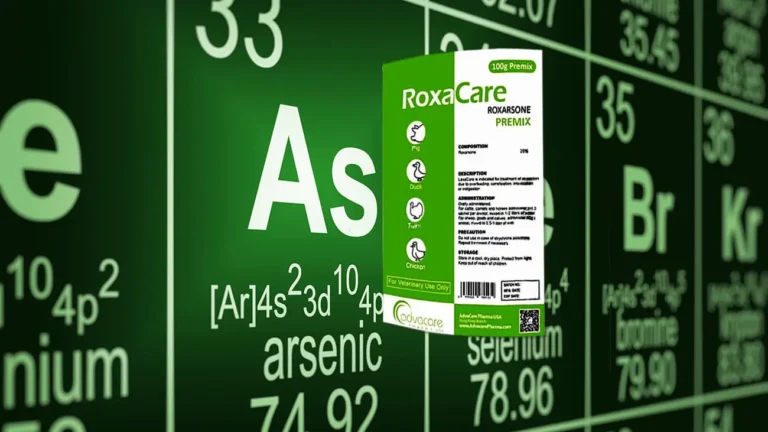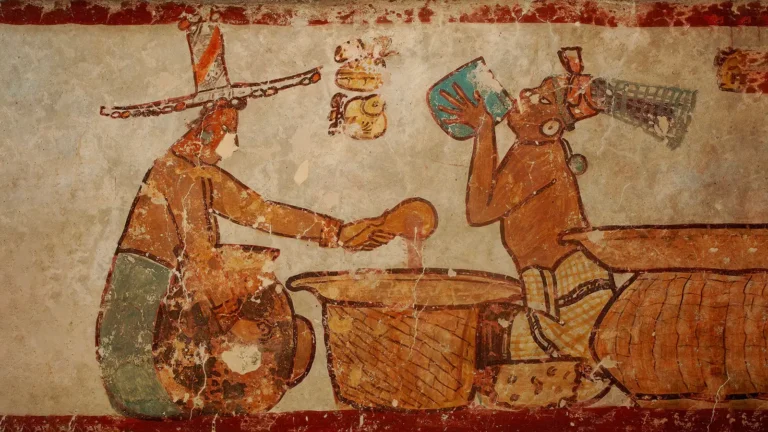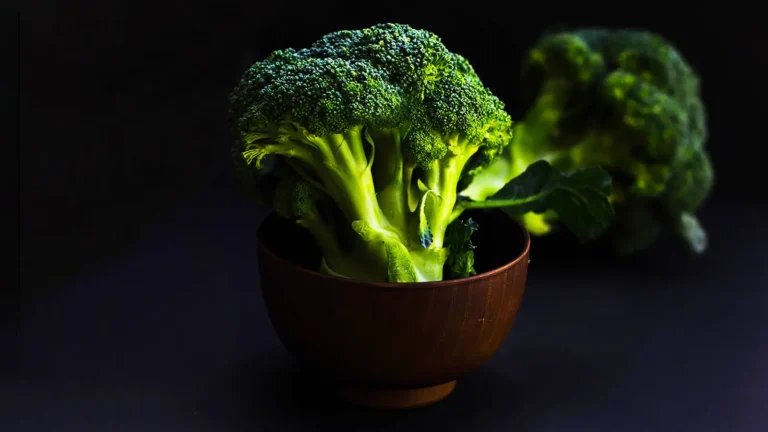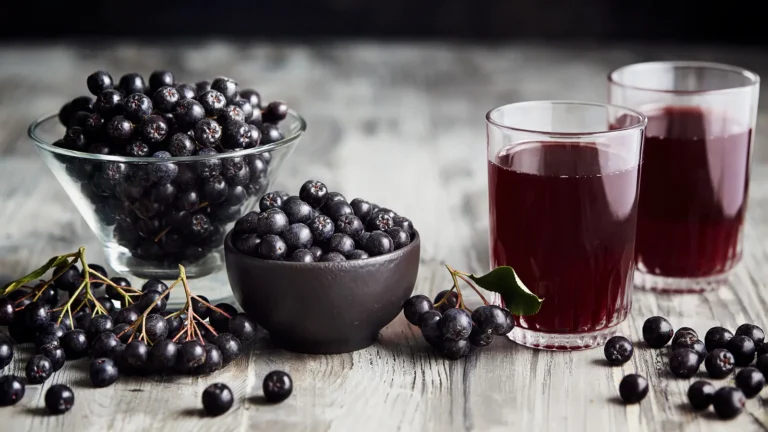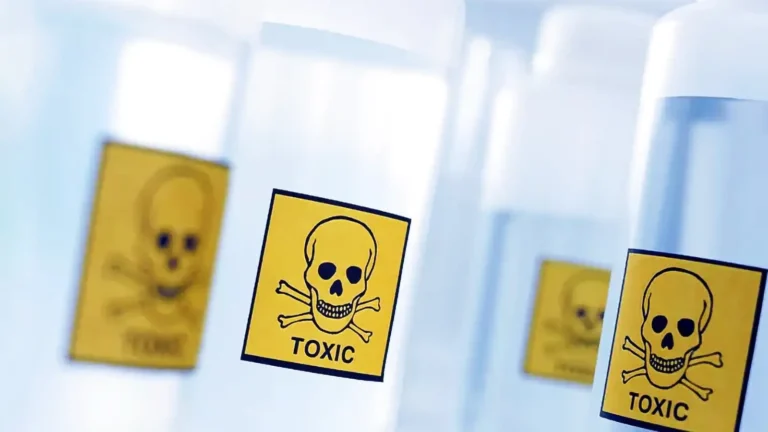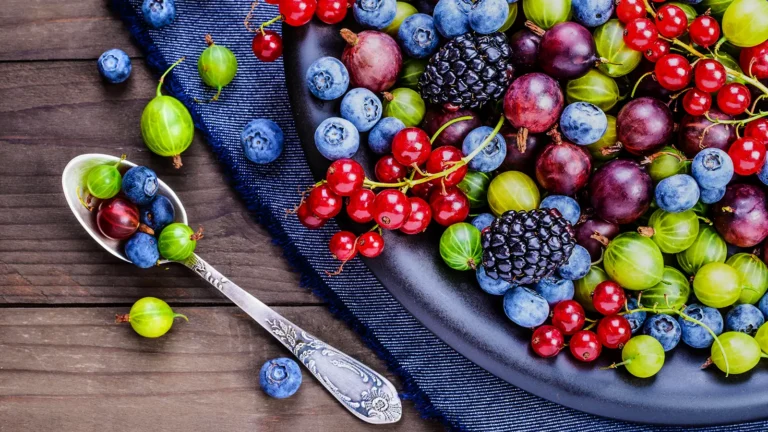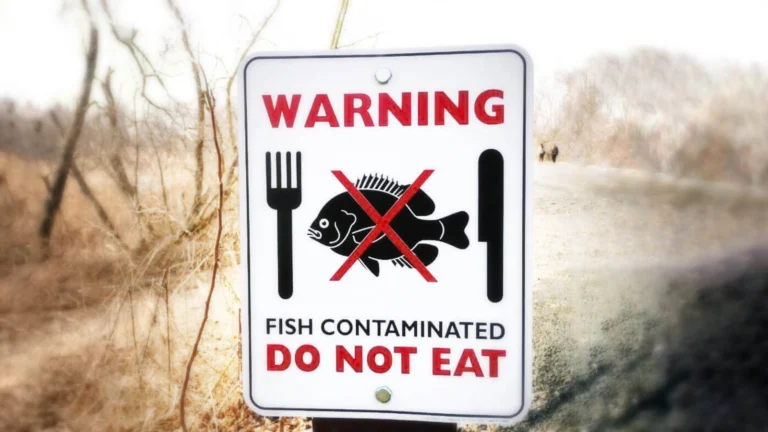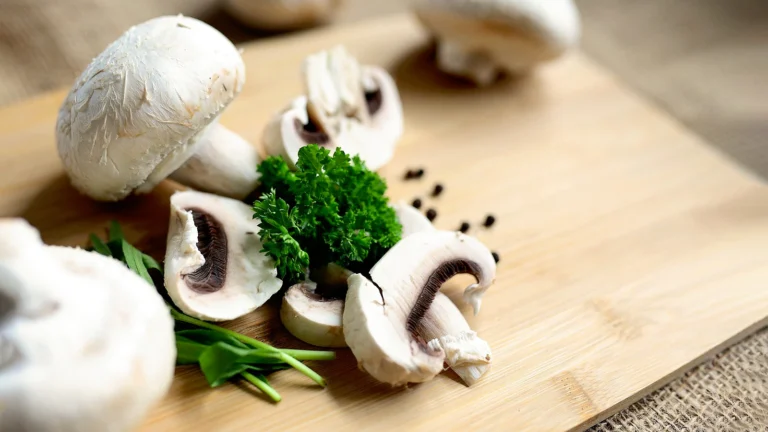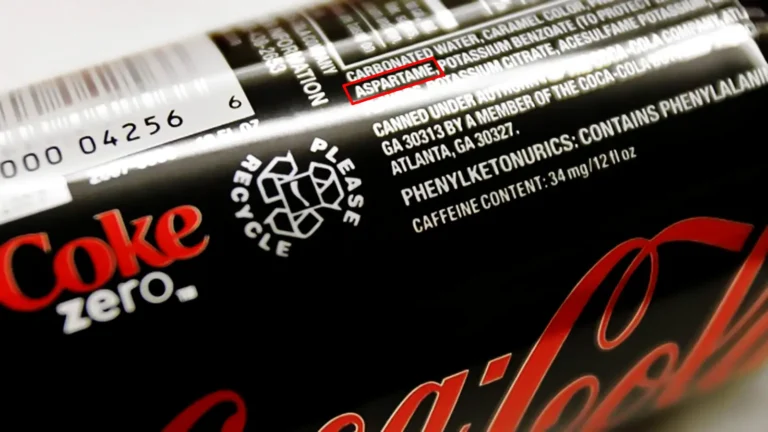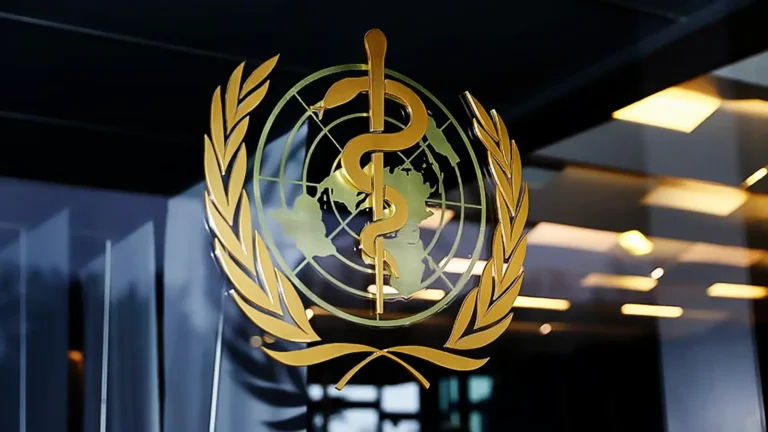Sobre nós
O objectivo da GoVeganWay é trazer até si, e ao seu médico, a mais recente investigação no campo da ciência nutricional. O objectivo da GoVeganWay é representar a investigação sobre saúde baseada em provas de uma forma fácil de compreender, para que todos possamos beneficiar da ciência disponível.
Anúncio
Anúncio
Anúncio
Os Peixes São Animais? Uma Perspetiva Cultural
Em algumas culturas, a carne de peixe não é considerada carne e o peixe é permitido mesmo durante o jejum.
Elixir Bucal Natural Caseiro: Comprovado, Mais Forte e Menos Tóxico
O elixir bucal natural caseiro é mais forte do que a clorexidina, menos tóxico e, se ingerido, pode provocar algumas náuseas, mas também tem um elevado valor ORAC.
Como Parar a Cárie Dentária: Sintomas, Causas e Prevenção
Consumo de açúcar é a principal causa de cáries e a cárie dentária, combinado com deficiência de minerais, especialmente o magnésio, o zinco, o cobre e elementos-traço.
Amla: Benefícios Comprovados, Nutrição e Significado Clínico
O amla é um dos antioxidantes mais poderosos do mundo, com uma pontuação ORAC de 261.530. É uma fonte rica de fitoquímicos que têm vários benefícios para a saúde.
Azul de Metileno: Usos Terapêuticos e Significado Clínico
Azul de metileno é um poderoso antioxidante sintético. Ele melhora a função mitocondrial e a capacidade de nossas células para produzir energia.
Benefícios da Chlorella: Planta B12, Ferro, Zinco e Desintoxicação
A Chlorella é uma fonte vegana de B12, ferro e zinco, tem fortes propriedades quelantes para metais pesados, reforça o sistema imunitário, reduz o colesterol e o risco de anemia.
Mensagens Aleatórias
Mais lidos - Todos os tempos
Carregar mais
Como Fazer Jejum: Alimentos em Jejum que Não Quebram a Autofagia
Autofagia. Já alguma vez se interrogou sobre o que acontece às células do seu corpo quando morrem ou se danificam? Será que se acumulam e criam problemas ou são eliminadas de alguma forma? A resposta é que o seu corpo...
Dentes Sensíveis a Doces e Dor: Solução Rápida e Duradoura
Uma solução rápida e fácil para o alívio da dor é o óleo essencial de cravinho, um poderoso antioxidante e analgésico que pode ajudar com doenças das gengivas e dores de dentes.
Feijão Verde: Benefícios Nutricionais e Para a Saúde
O feijão verde tem poucas calorias e é rico em compostos naturais que podem ajudá-lo a controlar o açúcar no sangue, a reduzir o colesterol e a combater os radicais livres.
Pode-se Comer Cogumelos Crus: Riscos Para a Saúde, Nutrição e Segurança
Os cogumelos têm toxinas sensíveis ao calor, como a hidrazina ou a agaritina, e paredes celulares feitas de quitina que não podem ser bem digeridas pelos seres humanos.
Os Peixes São Animais? Uma Perspetiva Cultural
Em algumas culturas, a carne de peixe não é considerada carne e o peixe é permitido mesmo durante o jejum.
Elixir Bucal Natural Caseiro: Comprovado, Mais Forte e Menos Tóxico
O elixir bucal natural caseiro é mais forte do que a clorexidina, menos tóxico e, se ingerido, pode provocar algumas náuseas, mas também tem um elevado valor ORAC.
Como Parar a Cárie Dentária: Sintomas, Causas e Prevenção
Consumo de açúcar é a principal causa de cáries e a cárie dentária, combinado com deficiência de minerais, especialmente o magnésio, o zinco, o cobre e elementos-traço.
Amla: Benefícios Comprovados, Nutrição e Significado Clínico
O amla é um dos antioxidantes mais poderosos do mundo, com uma pontuação ORAC de 261.530. É uma fonte rica de fitoquímicos que têm vários benefícios para a saúde.
Azul de Metileno: Usos Terapêuticos e Significado Clínico
Azul de metileno é um poderoso antioxidante sintético. Ele melhora a função mitocondrial e a capacidade de nossas células para produzir energia.
Benefícios da Chlorella: Planta B12, Ferro, Zinco e Desintoxicação
A Chlorella é uma fonte vegana de B12, ferro e zinco, tem fortes propriedades de quelação de metais pesados, potencial para baixar o colesterol, reduzir a anemia e reforçar o sistema imunitário.
Benefícios da Spirulina: Superalimento Rico em Ficocianina
A espirulina tem fortes propriedades antioxidantes, anticancerígenas, antivirais e imunomoduladoras, bem como a capacidade de combater a obesidade, a diabetes e o colesterol.
Dieta de Baixa Histamina e Intolerância à Histamina: Guia Completo
Uma forma de gerir a intolerância à histamina é seguir uma dieta pobre em histamina. Isto significa evitar alimentos ricos em histamina ou que possam desencadear a sua libertação.
- Publicações aleatórias -
Pode-se Comer Cogumelos Crus: Riscos Para a Saúde, Nutrição e Segurança
Os cogumelos têm toxinas sensíveis ao calor, como a hidrazina ou a agaritina, e paredes celulares feitas de quitina que não podem ser bem digeridas pelos seres humanos.
Aspartame: A Verdade Sobre os Seus Riscos e Perigos
Um dos excitotoxins que fizeram a indústria de tão feliz que é a química que faz todas as coisas que excitotoxins fazer, mas ao contrário de ERRO é doce ao paladar. É quimicamente conhecido como o aspartame (Nutra Sweet).
Papel Antioxidante na Depressão e Ansiedade: A Peça em Falta
O stress oxidativo com inflamação crónica no cérebro está associado ao desenvolvimento de distúrbios neuropsiquiátricos, incluindo grandes depressões e ansiedade.
Pesticidas, OGM e Sobrecarga Tóxica.
A exposição a pesticidas causa directamente cancro, defeitos de nascença, esterilidade e infertilidade, danos no cérebro e sistema nervoso, fígado, rins, e outros órgãos.
Dieta de alimentos crus - uma perspectiva evolutiva
A base de crença nas matérias comunidade do alimento de que uma dieta de alimentos crus é mais natural e de promoção da saúde maneira de viver. O que a biologia evolutiva nos dizer?
QUE orientações dietéticas - Nova pirâmide alimentar e a supressão da ciência
As directrizes dietéticas da OMS recomendam uma dieta pobre em gordura saturada (proteína animal), açúcar e sal e rica em frutas e vegetais como um requisito para combater o aumento epidémico de doenças crónicas em todo o mundo.




